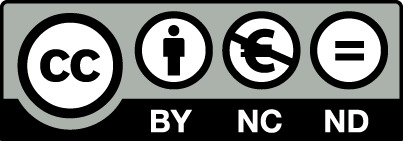The Impact of Financial Literacy on Debt Behavior of Households: Evidence from Micro Data
Erik GOGOLA
https://doi.org/10.53465/EDAMBA.2022.9788022550420.128-139
Abstract: While several papers have focused on the effect of financial literacy on household retirement savings or investment choices, this paper is devoted to its impact on households’ debt behavior. We utilize Slovak household finance and consumer survey (HFCS) microdata to analyze the impact of the objective level of financial literacy on Slovak households´ debt behavior. We find that Slovak households display different debt behavior with respect to varying levels of financial literacy. We focus on high-cost credit products and find that a household´s financial literacy does not have a statistically significant impact on the probability of having an outstanding balance of non-mortgage or credit debt. However, we find that younger households with higher incomes dispose of a higher probability of having an outstanding balance of non-mortgage or credit debt while being more credit-constrained and less able to save from their monthly income compared to more financially literate households. Thus, we may consider households with an outstanding balance of non-mortgage or credit debt to be more financially vulnerable, as they are more frequently engaging with high-cost credit products with a lower ability to save and with a higher probability of being credit constrained. This behavior may lead to a significant decrease in their ability to face unexpected internal or external adverse shocks.
Keywords: financial literacy, debt behavior, microdata
JEL classification: G51, G53, D10
Fulltext: PDF
Online publication date: 3 March 2023
ISBN: 978-80-225-5042-0
Publisher: University of Economics in Bratislava
Pages: 128-139
To cite this proceedings paper (STN ISO 690 and 690-2):
GOGOLA, E. 2023. The impact of financial literacy on debt behavior of households: evidence from micro data. In LÜLEYOVÁ, A. (ed.). EDAMBA 2022: Conference Proceedings. Bratislava: University of Economics in Bratislava, 2023. ISBN 978-80-225-5042-0, pp. 128-139. https://doi.org/10.53465/EDAMBA.2022.9788022550420.128-139
License:

This work is licensed under a Creative Commons Attribution-NonCommercial-NoDerivatives 4.0 International License.